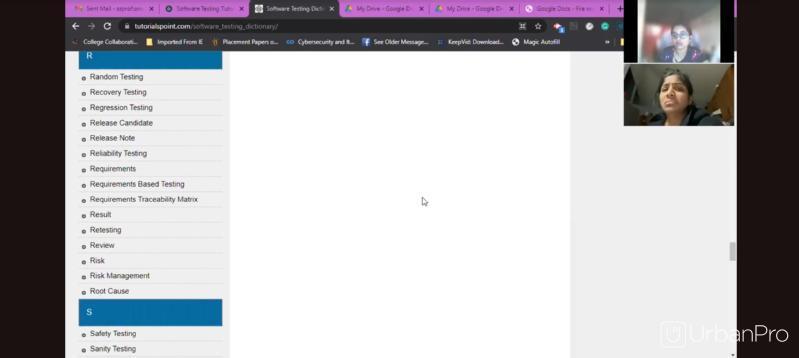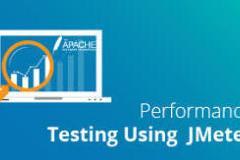This comprehensive Manual Software Testing course is designed to take learners from the fundamentals of testing to advanced-level concepts used in real-world projects. Whether you're a student, fresher, career switcher, or working professional, this course equips you with practical, industry-relevant skills to become a confident QA professional.
No prior experience in software or coding is required, making it perfect for beginners. The course also includes advanced topics to support your growth into an expert-level tester, capable of handling client-facing roles, test planning, and quality assurance strategy.
🧑🏫 Who is this course for?
-
Fresh graduates seeking a career in Software Testing
-
Professionals planning to switch from development or support roles to QA
-
Non-technical individuals looking to enter the IT industry
-
Freelancers and consultants who want to upskill in Manual Testing
-
Anyone interested in understanding how software is tested in real-time projects
🧪 What will you learn?
🔹 Core Testing Concepts
-
Introduction to Software Testing and QA Roles
-
Software Development Life Cycle (SDLC)
-
Software Testing Life Cycle (STLC)
-
Difference between QA, QC, and Testing
🔹 Test Planning & Documentation
-
Test Plan, Test Strategy, and their components
-
Test Scenario and Test Case Design Techniques
-
Boundary Value Analysis (BVA)
-
Equivalence Partitioning
-
Error Guessing
-
-
Requirement Analysis and Requirement Traceability Matrix (RTM)
🔹 Test Execution & Defect Management
-
Test Execution Process and Status Reporting
-
Defect Lifecycle and Severity/Priority Handling
-
Bug Tracking and Reporting using Jira
-
Writing clear and reproducible defect reports
🔹 Types of Testing Covered
-
Functional Testing
-
Regression Testing
-
Smoke and Sanity Testing
-
Integration Testing
-
System Testing
-
User Acceptance Testing (UAT)
-
Compatibility & Usability Testing (Overview)
🔹 Agile Testing Fundamentals
-
Agile Software Development Overview
-
Scrum Process and Agile Ceremonies (Sprint, Standups, Retrospectives)
-
Role of a Tester in Agile Teams
-
Test Artifacts used in Agile Projects
🔹 Introduction to API Testing
-
What is an API and why API Testing is important
-
Overview of REST APIs and HTTP Methods
-
Basic API Testing using Postman
-
Sending Requests (GET, POST, PUT, DELETE)
-
Validating Responses and Status Codes
-
Creating Collections and Test Scripts
-
🔹 Real-Time Project Exposure
-
Hands-on practice with real-world scenarios and requirements
-
Working with client-style documentation and sprint-based delivery
-
End-to-end testing workflow using sample projects
💻 What do students need to bring?
-
A notebook and pen for taking notes
-
A laptop with internet connectivity for practical sessions
-
Enthusiasm to learn and apply concepts through hands-on practice
(All study materials, assignments, and tools will be provided as part of the course.)
🎯 What will you achieve after this course?
-
Strong understanding of software testing principles and techniques
-
Hands-on experience with test case design, execution, and defect reporting
-
Familiarity with real-time QA processes and Agile environments
-
Ability to test web applications and APIs using industry tools
-
Confidence to appear for interviews and begin your career as a Manual Tester








